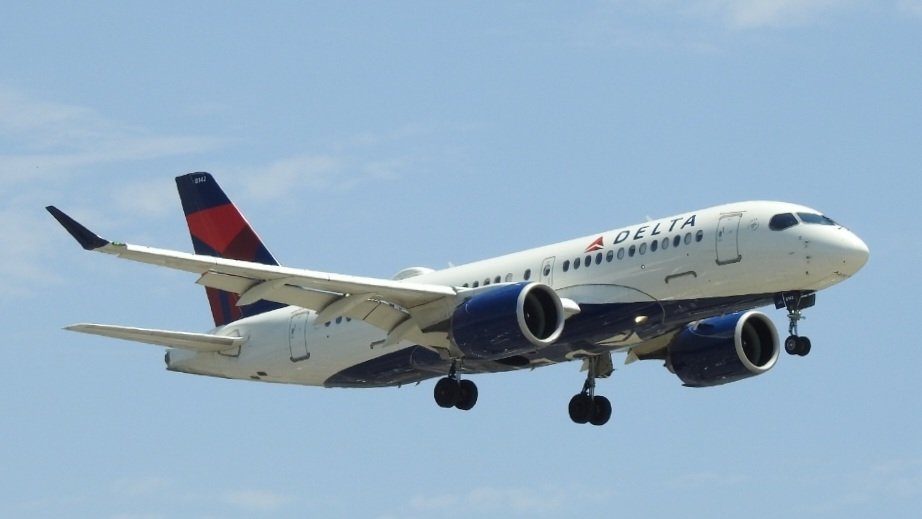Travel
US Warns Europe Over New Flight Caps: A Battle Brewing in the Skies

US Issues Warning Over Europe’s Flight Restrictions: A Tension in the Skies
The skies over Europe may soon face a storm, not from weather but from a brewing dispute between the US and several European nations. The US Department of Transportation has sent a firm warning to European countries regarding their plans to impose flight caps at major airports to reduce noise pollution. With significant implications for the aviation industry, this clash could lead to retaliatory measures that may affect flights across the Atlantic.
A Growing Concern: Flight Caps in Europe
As part of an effort to mitigate noise pollution, European airports are introducing tighter restrictions on flight numbers. Amsterdam Schiphol, one of Europe’s busiest hubs, has already confirmed that it will begin limiting its flights starting November 2025. The airport plans to reduce the total number of flights from 500,000 to 478,000 annually.
This reduction comes as part of a broader push across Europe to strike a balance between economic activity and environmental sustainability. However, this move is raising concerns across the pond in the US, particularly among airlines with established routes into Europe, such as Delta Air Lines.
Aviation Agreements Under Scrutiny
The US Department of Transportation has pointed out that such restrictions might not align with existing aviation agreements between the US and Europe, which guarantee certain operational rights for American carriers. According to reports, these caps could potentially violate agreements that allow airlines like Delta to maintain their existing flight schedules and rights to take off and land at European airports.
The impact of these changes could be far-reaching, particularly for US carriers that rely on these slots. Delta, one of the largest international carriers, could lose valuable landing rights at Schiphol, impacting its operations and the broader transatlantic flight network. This situation could set a precarious precedent for future air travel arrangements between the US and Europe.
The US Retaliation: What’s at Stake?
In response to these potential violations, the US is considering retaliatory measures, which could include imposing countermeasures that directly affect European airlines, notably Dutch carrier KLM. This back-and-forth could have significant ramifications for both the airline industry and travelers.
From the US perspective, such actions are not just about preserving operational rights but also ensuring fairness in international agreements. In the competitive and interconnected world of aviation, any change in airport access can lead to a domino effect, impacting flight availability, pricing, and overall convenience for passengers.
Public and Industry Reaction
The public reaction has been mixed. Environmental groups have supported the flight caps as necessary for reducing the carbon footprint and minimizing noise pollution in densely populated areas. However, the airline industry, particularly in the US, views these measures as potentially harmful, arguing that they could disrupt established routes and impose unnecessary operational challenges.
Social media platforms have been abuzz with debates, with airline advocates emphasizing the economic benefits of air travel and the importance of maintaining open skies. Meanwhile, environmental activists have voiced their support for policies that prioritize sustainability over unrestricted airline operations.
Looking Ahead: Navigating the Tensions
The outcome of this issue could shape the future of international aviation agreements, particularly as governments around the world begin to place more emphasis on environmental responsibility. Whether or not the US moves forward with its proposed retaliatory actions, this dispute highlights a growing tension between the needs of the aviation industry and the increasing demands for environmental stewardship.
As the situation unfolds, both governments and airlines will likely continue to negotiate behind closed doors. However, travelers and the airline industry will be watching closely, knowing that any decision made in the coming months could change the face of international air travel for years to come.
Source:Travel News
Follow Joburg ETC on Facebook, Twitter , TikTok and Instagram
For more News in Johannesburg, visit joburgetc.com



























